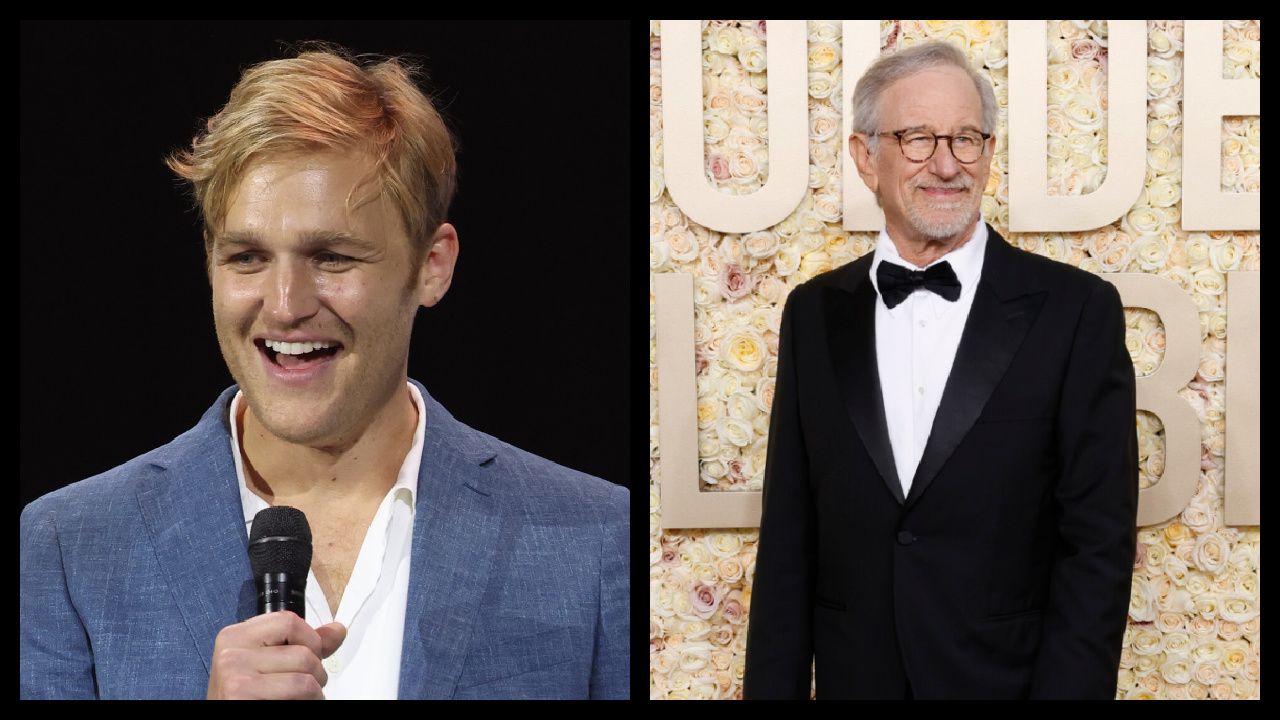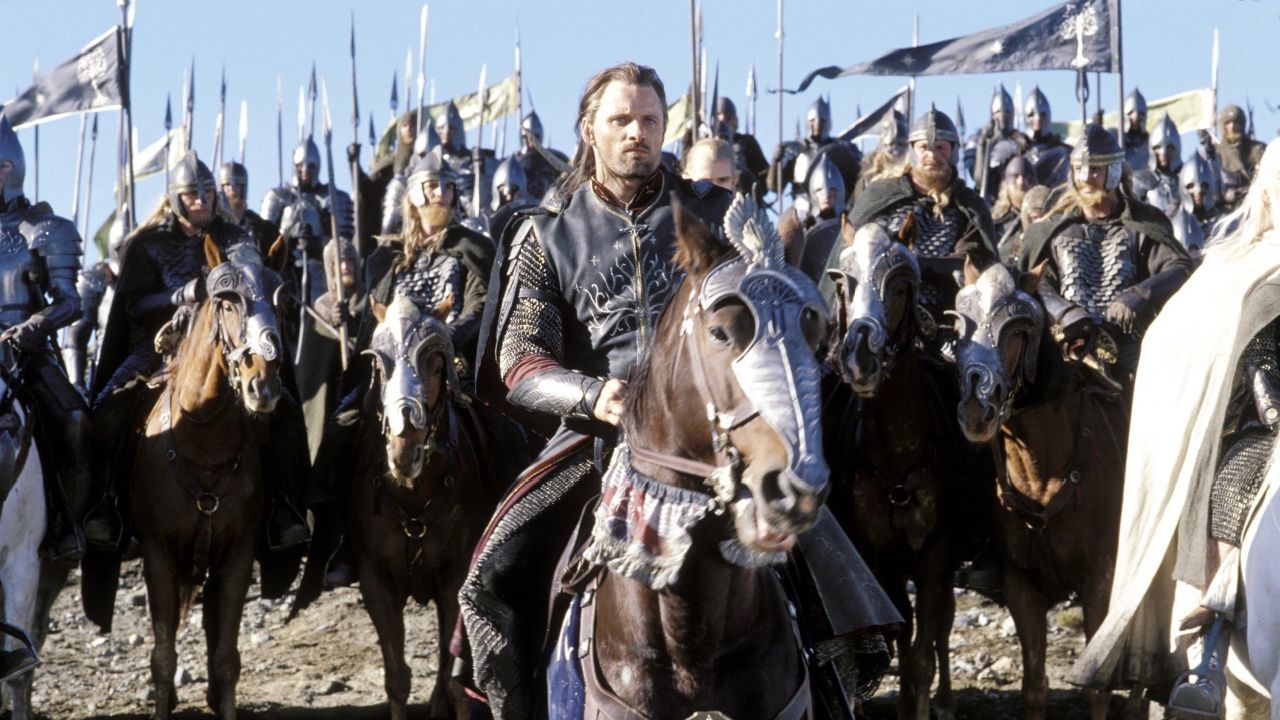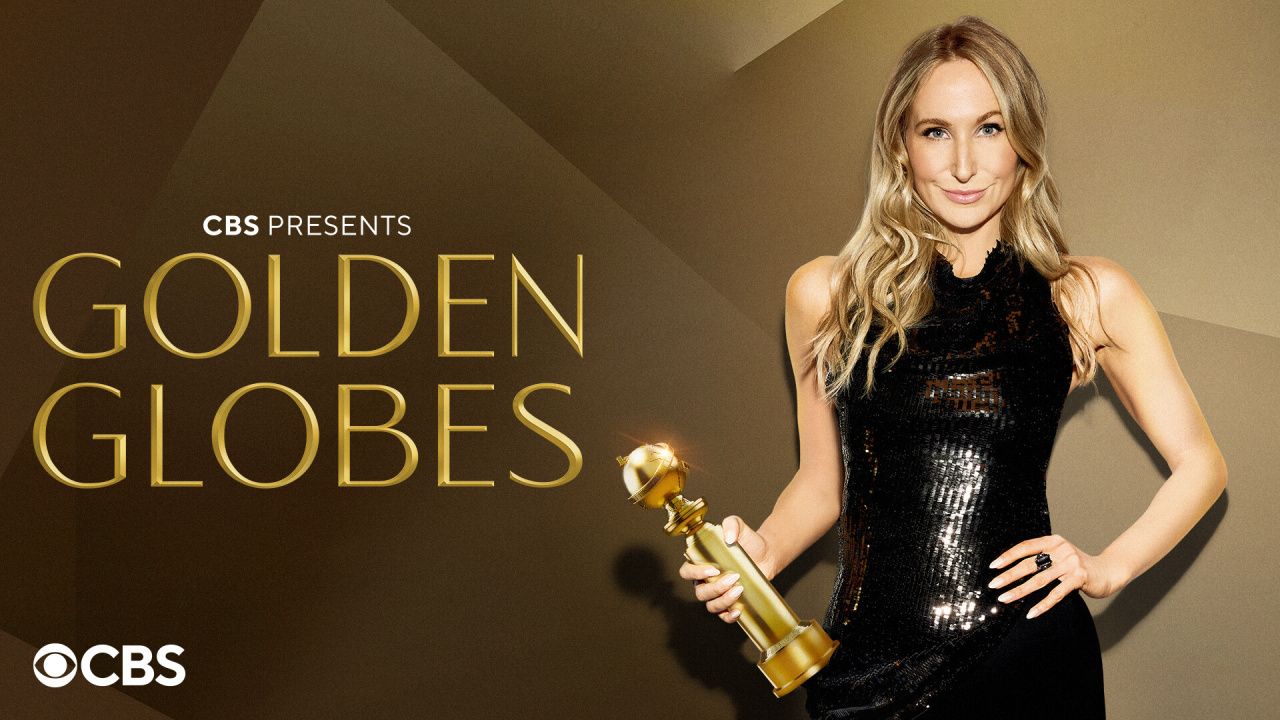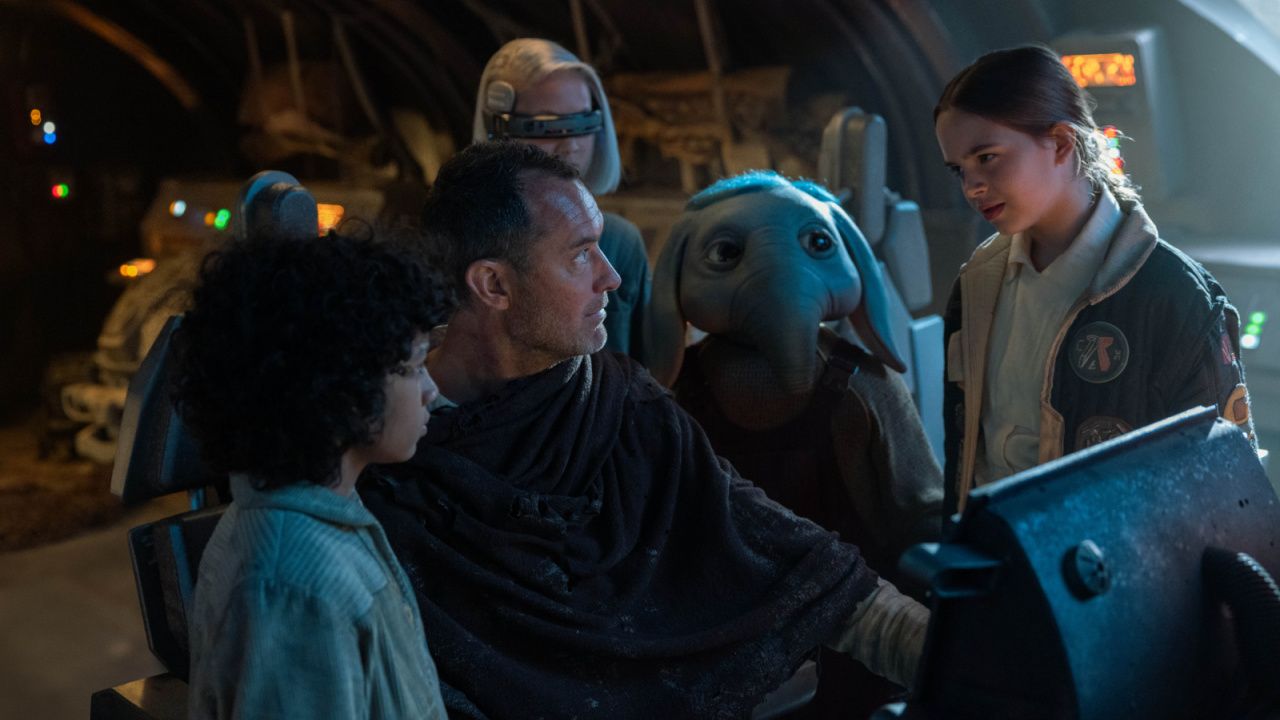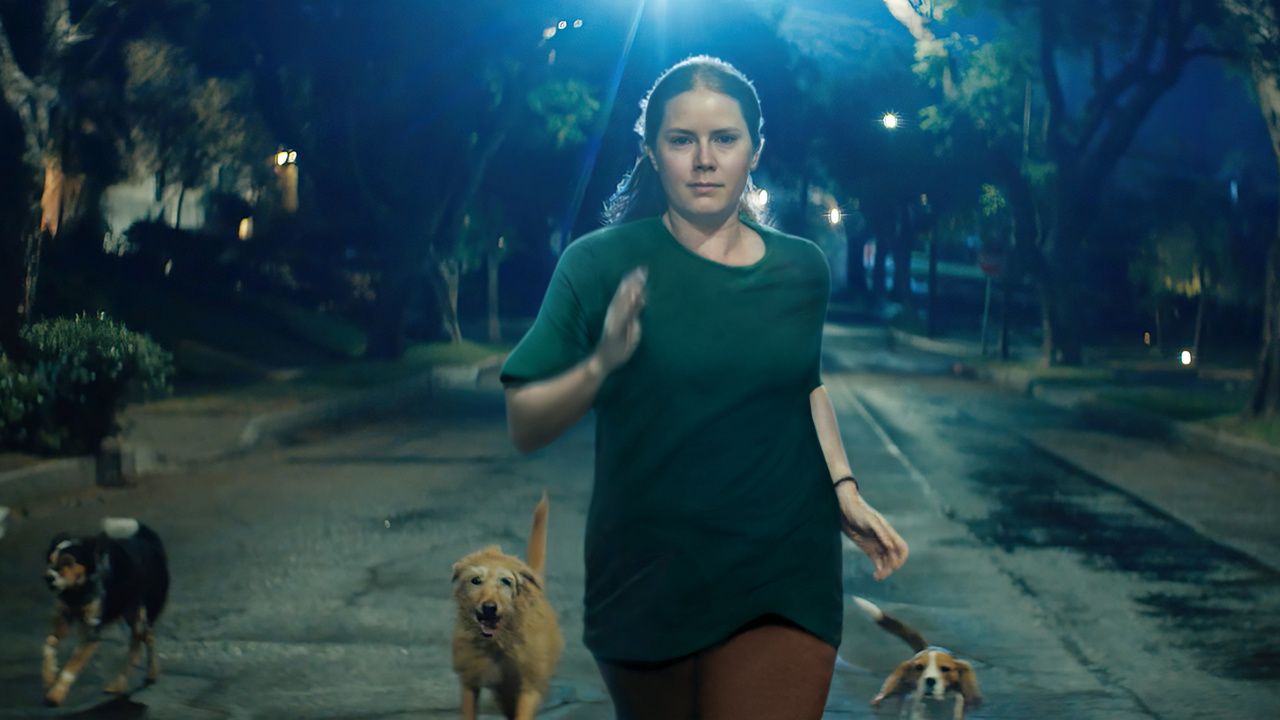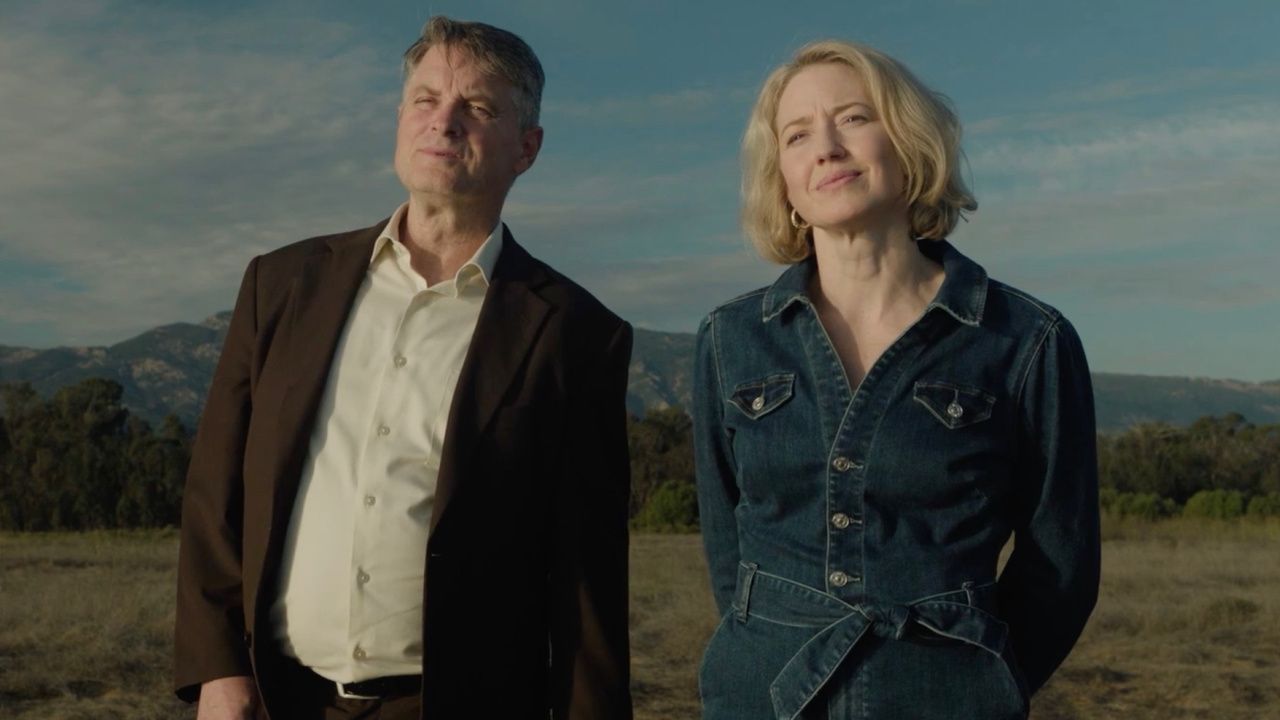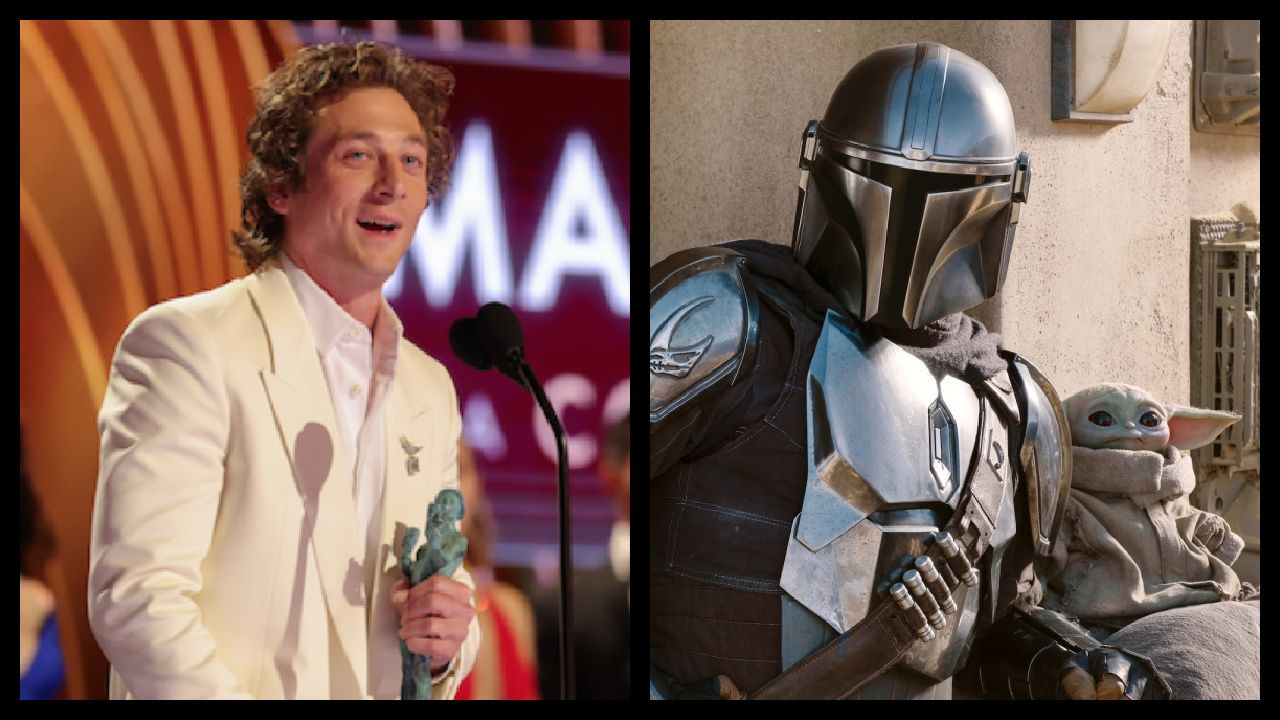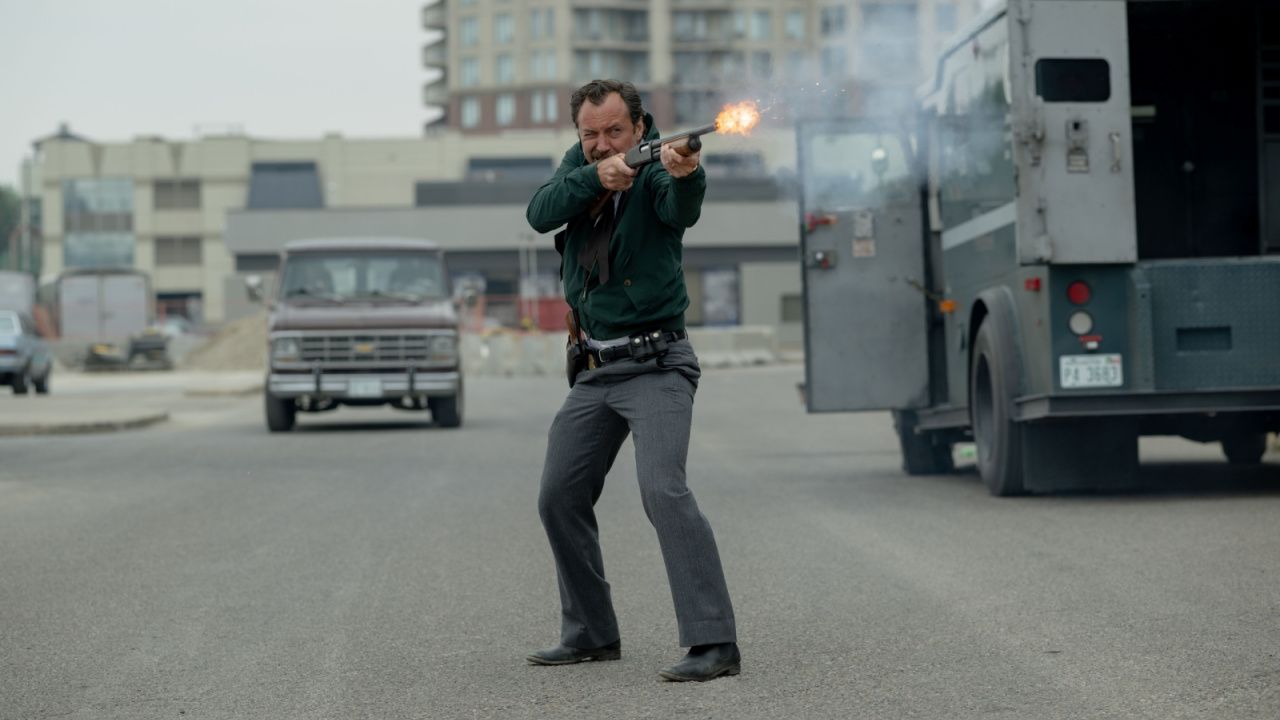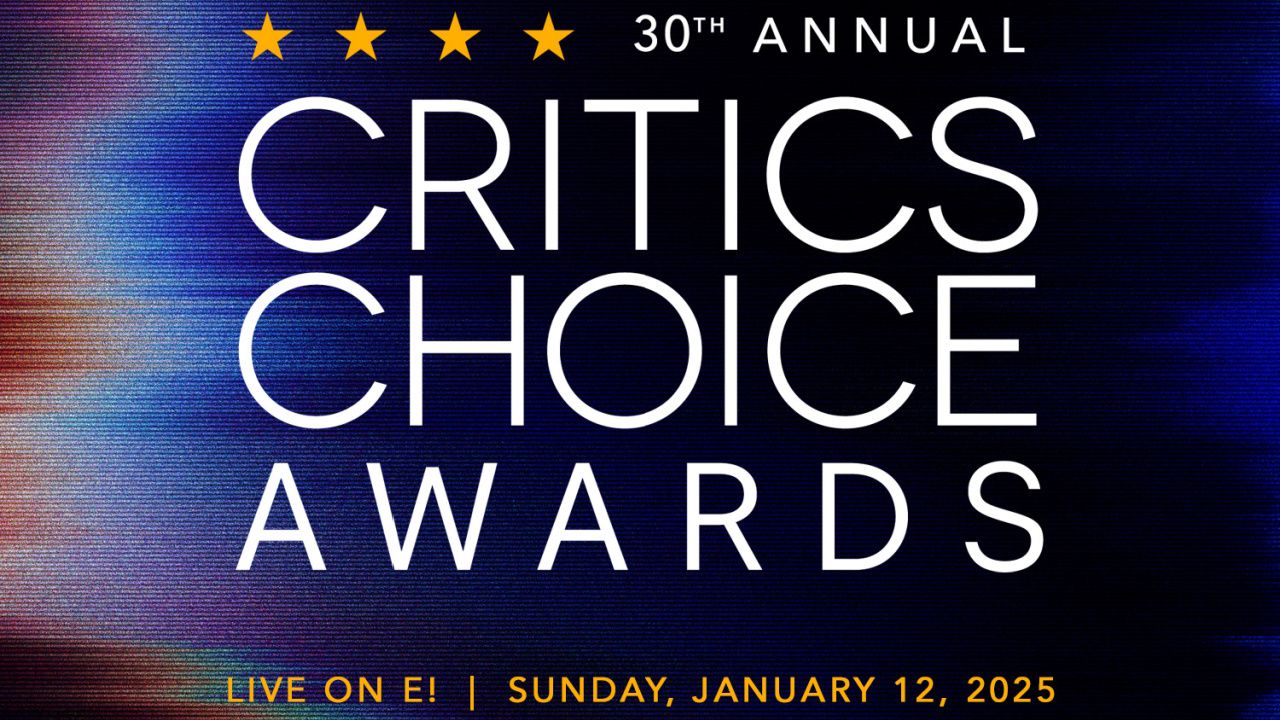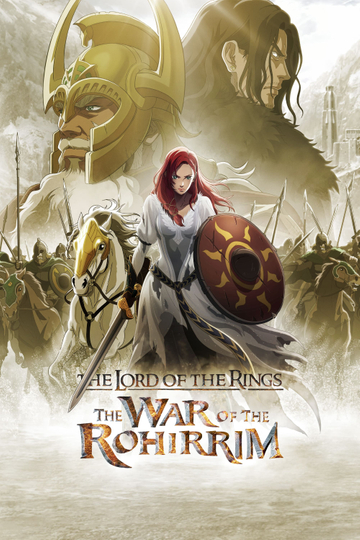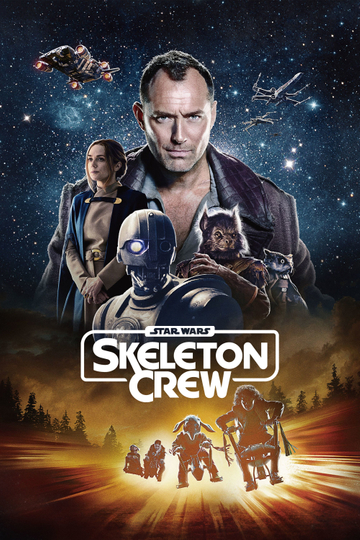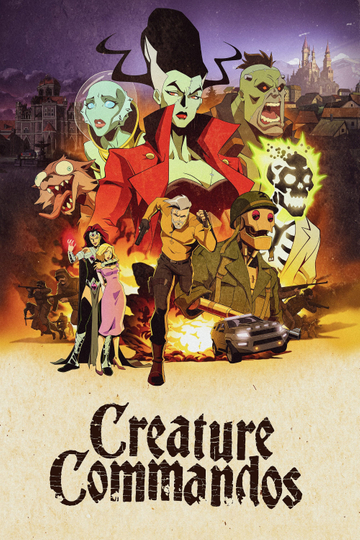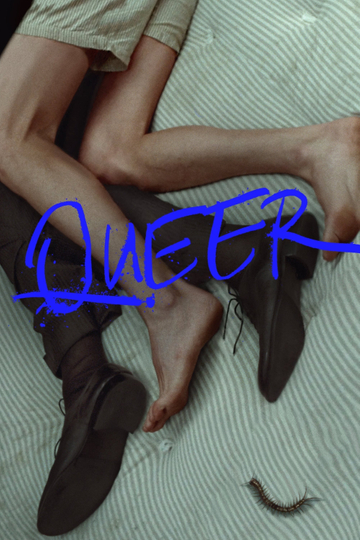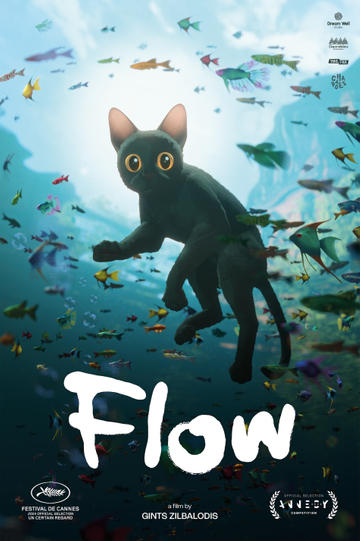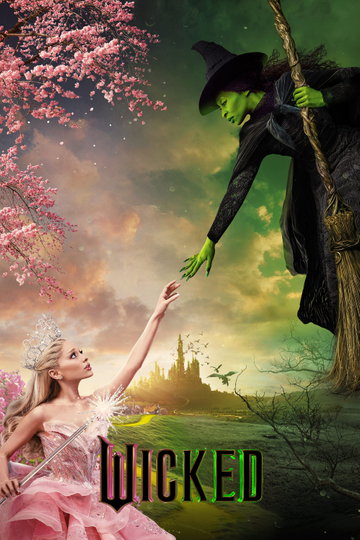How Thandie Newton Built 'Westworld' Madam Maeve Millay
Suddenly, Maeve Millay (Westworld's" biggest wild card.
With her awareness of exactly who and what she is outside of the context of her Old West fantasy setting amped up to 11 -- or 20, in Westworld's techie terms -- Maeve is now a major force to be reckoned with inside the real-world environment, ready to work an agenda that can only be guessed at. As Maeve's evolution unfolds, actress Thandie Newton shared with Moviefone the behind-the-scenes secrets of how she assembled her android agent provocateur -- the voice, that steely glare, that skimpy frontier lingerie -- from the ground up.
Moviefone: What an acting challenge to play a synthetic being who is only just discovering that they have feelings and memories and such. Where did you start to figure out how to come at this?
Thandie Newton: Well, our showrunners gave me the broad arc of where the story was going for my character, and it was really ambitious and fascinating, but they were just the broad strokes. So, from episode to episode, I wouldn't necessarily know what was going to happen next. And it is, in retrospect, an absolute feat that they managed to oversee our work, knowing what was going to come, because if I'd had to figure out for myself, knowing everything I was going to have to do, it would have seemed like an impossible task, really and truly. I look back at the first episode and think if I had known then what I know now ...
Of course, I could have known everything and figured it out, but it was actually a really fantastic sort of layering of traits of the character which were completely led by the script. And, in terms of the physicality of the character, yes, there were many conversations about what kind of movement are we talking about. And, obviously all the people playing hosts, there needs to be similarities to our core behavior so that you can relate to all of them, or maybe identify with them before even, you know? And they wanted us to achieve full human naturalness.
So it's actually funny, because I assumed that playing in artificial intelligence, playing a robot, I would need to do some kind of robotics, but it was the opposite there. I actually had to be as perfectly human as I could be. In fact, I had to be the best version of being human, because that was the point to us.
And as a human being, we're programmed in terms of the influences that we receive as children, the education we receive -- we're made up of all of the different programs from outside, some random, some specific. And someone who is dealing with trauma in childhood, let's say for an example, you can be, you can take out that program and decide that you want to behave differently than having panic attacks every five seconds. So that that would also inform the way I saw her.
And what's so glorious about playing this artificially intelligent woman is that I actually got to be the best version of being a human. Physically, with my voice, because everything was so definite, and still and controlled, and unfussed by anything. You see this one scene where there's mayhem going on in the saloon, and she just stays completely calm because she's only interested in what's important to her. If we could all be like that, it would be amazing, right?
So that alone was an interesting comment on being a human being, and I've carried stuff with me. Whether it's meditation or yoga, achieving a state of enlightenment is something that I think about. I don't practice enough, obviously, but it's something that I'm fascinated by and there is this sense that the robots are more impressively human than humans themselves.
On top of all those sort of heady acting challenges, you get to dress up as a woman who worked in a bordello. Tell me the fun, visceral side of performing in an Old West past, because, like the robots being more human than humans, she's more madam than the madams in the way she's designed.
Absolutely. Well, you know, I took my inspiration from some of the greats, you know: Julie Christie in "McCabe and Mrs. Miller," Claudia Cardinale in Sergio Leone's movies. Oh, it was fun looking at all of that stuff, because the Western is invented. It's not real. The whole man on the horse, Marlboro Man with the hat and the machismo run wild, and savages, and all that horrifying nonsense.
But it was fun because I knew we were going to be subverting it, and that it wouldn't be these awful gender stereotypes and objectification of women, and exploitation of women, and precisely the reason we had to present them in their full, untarnished grossness was because we were going to be commenting on it, very quickly. I feel like that when I watch it. It's like, "Oh, whoa, and then it's like, OK, now let's get into deconstructing all of this and commenting on it."
And so it was fun. Although, I've got to say I felt really exposed in that costume. I felt more exposed in that costume than I did naked, and I spend half the time naked on the show. Because I was very ... just aware of the corset with the little waist, the ruffled skirt, and very short skirt, inviting a look with the garter that takes your eyes there so that you're looking. I mean, it's all created to elicit lust from the onlooker. And I felt very uncomfortable because that's not the kind of attention I invite in my life, not the kind of attention I would suggest anyone invites into their life because it predisposes that that's all a woman is really there for. Or a person is there for, if it's a man that's doing the same thing.
So I really did feel uncomfortable wearing that outfit -- I really, really did. I would actually wear a dressing gown over the top of it when I wasn't shooting because if I was talking to crew members, who were so lovely and so respectful, they would just be looking at my breasts. And, funnily enough, at the time I was nursing -- I was nursing my baby the whole way through the show, so it was even more inappropriate that I had boobs this high up, but that's the whole point.
So, I as Thandie was experiencing the wrongness in the same way that we hopefully will also have a sense of, at least as an option away from "Aw, that's how you want to look as a woman, didn't it feel good?" And she might say, "Yes, but with Westworld it's going to be an option that you would think about it from a slightly different point of view," and that's valuable.
Would you, minus technological glitches and moral conundrums, want to go into an immersive environment like Westworld? Would that be an interesting thing for you to do?
No. I only like listening to music occasionally, because I'm aware that it's not real. It's not really happening right now, here. So the idea of going into a place that's virtual -- I don't even like to go into shopping malls because I feel like it's a further disconnection from life. The idea of going and spending a day, and we have shopping malls now that are like little cities, little towns, and you can have food, and there's trees, and you can even feel like you're sitting under the sun. Look, I'm just a scaredy-cat when it comes to that stuff. It might be really the only answer in our future, but no, I would so not.
Although, I went to Six Flags recently with my daughter and had the best time. She taught me the trick of all tricks, which is just to close your eyes, and it worked, and I went on the rollercoasters with my kids and had a brilliant time. So, you know, maybe I should resist less.
"Westworld" airs Sunday nights on HBO.













